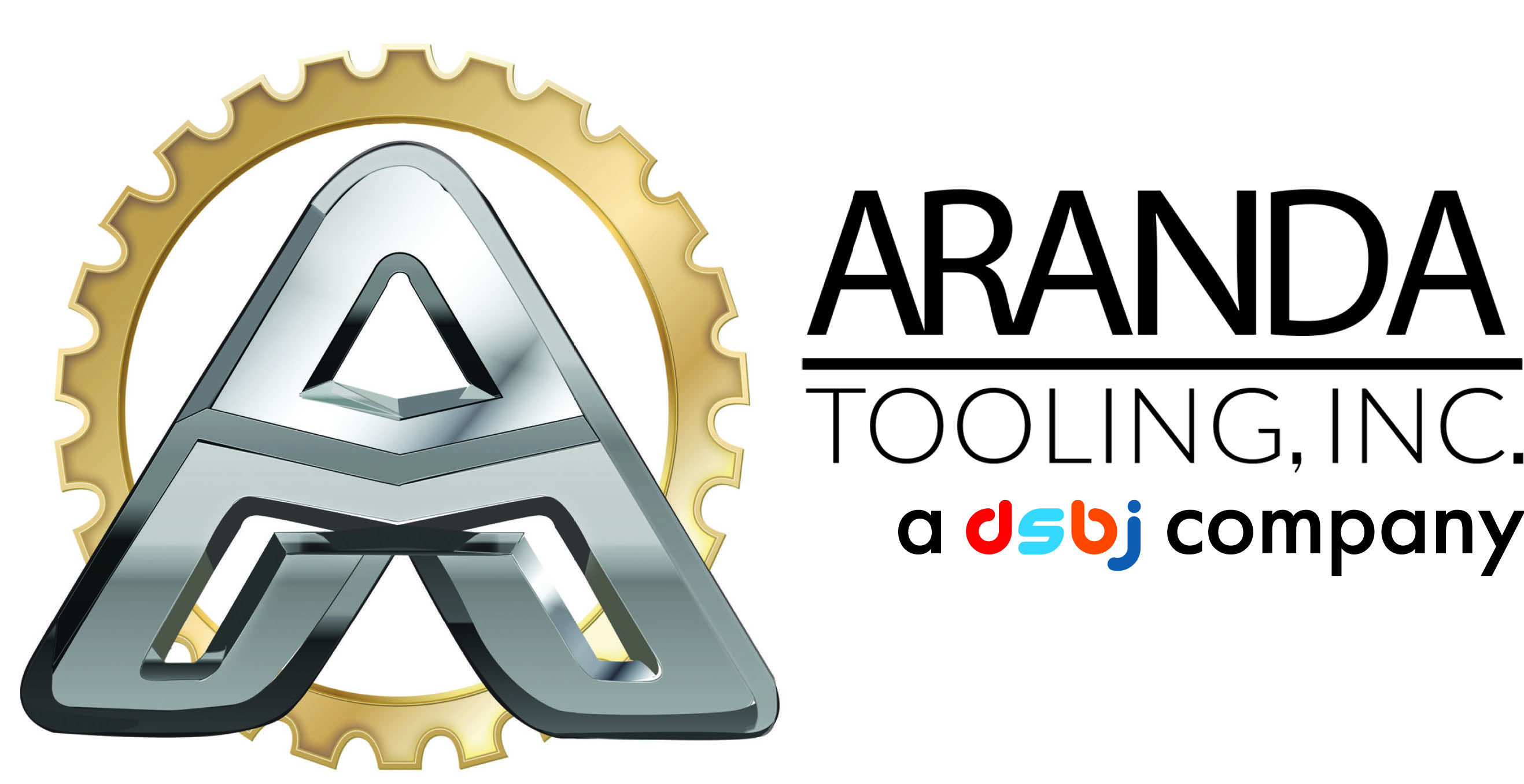Aranda Tooling specializes in transfer die stamping and progressive die stamping. We also provide ongoing education, so you can choose the right manufacturing processes and options to make your project successful.
Learn more about the differences between transfer die stamping and progressive die stamping, why those differences matter, and how to start your next project with the right stamping process.
What Is Transfer Die Stamping?
Transfer die stamping is a key manufacturing process that uses several different dies to form the desired shape. The first station cuts a blank (the initial shape) from the workpiece, and a transfer mechanism moves it to the next station. The dies use bending, flagging, punching, and other techniques based on the shape. The final formed part is then ejected from the die, and the process starts over with a new blank.
What Is Progressive Die Stamping?
In progressive die stamping, a long continuous piece of sheet metal moves through each sequential die station. Every station forms the workpiece in a new way, which can include coining the surface, punching holes, and bending pre-formed tabs. Once the piece of metal has reached its final form at the last station, the machine cuts excess material from the final form for recycling.
Progressive Die vs. Transfer Die Stamping
The progressive die stamping process and transfer die stamping are useful when transforming sheet metal into complex goods. There are two key areas in which progressive die and transfer die stamping differ: the process workflow and the tooling needed to prepare the process.
Process Flow
Process flow is the sequence of steps used to create the stamped goods.
- Progressive die stamping. This process involves a continuous strip of sheet metal moving through multiple stations. If you paused the process after a couple of cycles, you would have a strip of metal with several parts at various stages of completion. Each part is only cut away from the continuous strip once finished. This can make the overall production process much faster.
- Transfer die stamping. In this process, the blanks are cut first, and the individual pieces move from station to station separately from other pieces. Transfer die stamping can be advantageous when producing larger parts and can often improve material yield. However, the overall process is slower.
Tooling
Tooling is the process of making the dies used to create stamped metal parts.
- Progressive Die Stamping. Progressive dies are a single block used across integrated stations. The design development stage may be more complex, but the costs are also lower.
- Transfer Die Stamping. Transfer die stamping requires multiple separate dies. As a result, the process is more expensive.
Transfer Die & Progressive Die Stamping Services From Aranda Tooling
With over 50 years of service and over 200 skilled individuals at the ready, Aranda Tooling is a premier service provider in die stamping. We are known for producing complex parts that meet the most stringent requirements, even on high-volume runs. You can depend on Aranda Tooling to meet your tooling, progressive die stamping, and transfer die stamping needs.
Contact us today to learn more about how we can help with your future projects, and request a quote for specific pricing details.





 Request For
Request For

Comments are closed